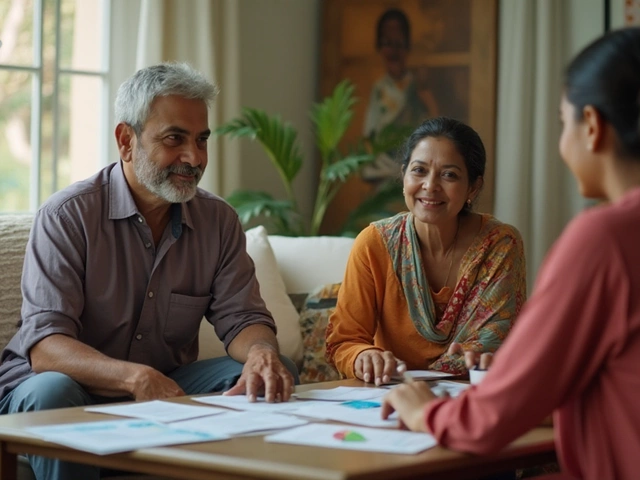Emergency in Portugal – Quick Guide to Medical Help and Hospitals
If you’re traveling or living in Portugal, knowing what to do when a health crisis hits can save lives. The good news is that Portugal’s emergency system is reliable, and the steps are simple. Below you’ll find practical advice you can follow the moment something goes wrong.
How to Call for Help
The first thing to do is dial 112. This is the European emergency number and works for medical, fire, and police emergencies. The call is free, works on any phone, and you don’t need a local SIM. Stay calm, speak clearly, and tell the operator:
- Your exact location (street name, nearest landmark, or GPS coordinates if you have them).
- The nature of the problem – is it chest pain, a severe cut, a fall, or a breathing issue?
- Your name and, if possible, any medical conditions or allergies.
Don’t worry if your Portuguese isn’t perfect. Operators are trained to handle English calls, and they’ll send help while you keep the patient stable.
Finding the Right Hospital
Portugal has a mix of public (Serviço Nacional de Saúde – SNS) and private hospitals. In an emergency, the ambulance will take you to the nearest appropriate facility, but it helps to know a few key centers:
- Lisbon: Hospital de Santa Maria, Hospital Lusíadas, and the private Hospital da Luz.
- Porto: Hospital de São João (public) and Hospital da Luz Porto (private).
- Algarve: Hospital Particular do Algarve and Hospital de Portimão.
If you have travel insurance, call the insurer’s 24‑hour hotline after the emergency call. They can guide you to a network hospital and help with paperwork. Keep copies of your passport, insurance card, and any medication lists handy.
While waiting for the ambulance, apply basic first‑aid: stop bleeding with pressure, keep the person still if there’s a suspected spine injury, and perform CPR if you’re trained. A small first‑aid kit with bandages, antiseptic wipes, and a breathing mask can make a big difference.
Language barriers are less of an issue than you might think. Most medical staff in larger cities speak English, and many hospitals have translation services. If you’re in a rural area, a quick phrase like "Preciso de ajuda médica" (I need medical help) can get attention.
After the emergency is over, follow up with your primary doctor or a local clinic to ensure proper recovery. Portugal’s public health system offers follow‑up appointments at low cost, and private clinics can provide quicker access if you prefer.
Being prepared means you won’t panic when a crisis hits. Save the number 112 in your phone, know the nearest hospital to where you’re staying, and keep a small first‑aid kit with you. With these steps, you’ll handle any medical emergency in Portugal with confidence.






